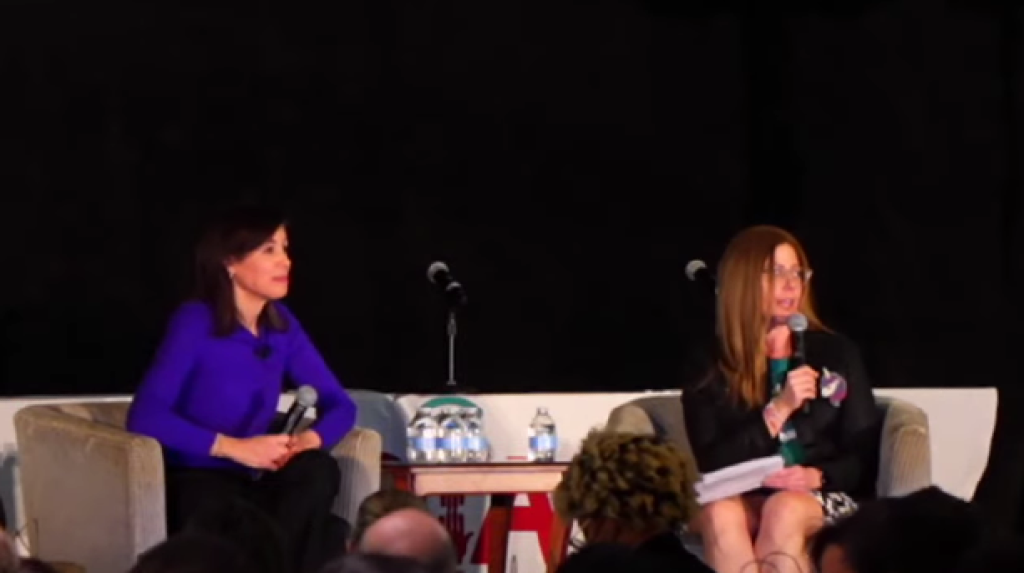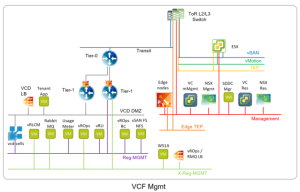
PHILADELPHIA, February 13, 2024 – A recent survey revealed that 81 percent of households with schoolchildren receiving a monthly broadband subsidy are worried about the prospect of losing this assistance and its potential effects on their children’s education, according to the Universal Service Administrative Company.
These metrics “demonstrate with incredible clarity just how important it is to stay connected in modern life and how dangerous it is to threaten disconnection,” said Federal Communications Commission Chairwoman Jessica Rosenworcel, speaking during a Tuesday keynote at the Net Inclusion 2024 event convened by the National Digital Inclusion Alliance.
Rosenworcel further reported that 75 percent of households receiving broadband internet subsidies use their broadband connection for telemedicine purposes.
At an event centered on what to expect from the FCC in the upcoming year the conversation focused heavily on the agency’s efforts to continue the Affordable Connectivity Program, a federal program which provides discounted broadband internet service to eligible households, set to end by April without Congressional intervention.
“We have asked Congress for more,” Rosenworcel said, referencing her call to Congress to extend the program in early January. Legislation was introduced that would allocate an additional $7 billion to the program in both the House and Senate, just two days later.
“In a world where bipartisan legislation is hard to come by, I think that’s a really substantial statement about the power of what we’ve created,” Rosenworcel said. “This is part of our nation’s digital agenda in the 21st century: every household connected, everyone, everywhere.”
“We are going to keep fighting to have a broadband subsidy” whether through the ACP or a future federal program, NDIA’s Executive Director Angela Siefer added, sparking a wave of enthusiasm among the digital navigators in the audience.
Siefer and Rosenworcel reflected on their first encounter nine years prior when Siefer was advocating for changes to the FCC’s Lifeline Program, prompting Rosenworcel to ponder the lessons she has learned since that time.
She emphasized the agency’s reliance on its partners for success, recognizing that a federal agency in Washington D.C. cannot replicate the trust and respect garnered by local digital outreach coordinators working within their communities.
Siefer recounted an incident where NDIA and FCC collaborated to refine language on an FCC webpage, enhancing clarity and accessibility for users.
“If we find things that are wrong, let’s be open to fixing them,” Rosenworcel urged, emphasizing her eagerness to learn from the experiences of digital navigators in the field. “What we have built is that relationship, and that’s not going to go away.”


